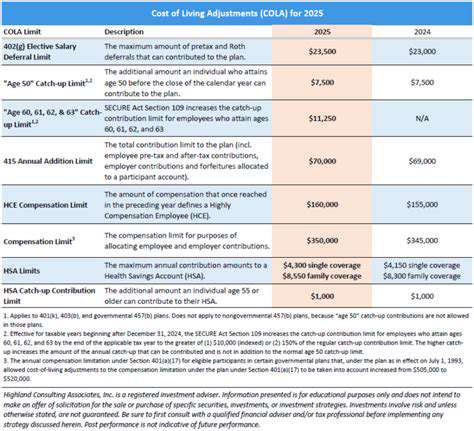Feeding Your Small Animal: Safe Foods
Choosing the Right Food for Your Small Animal
Nutritional Needs of Small Animals
Understanding the specific nutritional needs of your small animal is crucial for its overall health and well-being. Different species, such as rabbits, guinea pigs, hamsters, and rodents, have varying dietary requirements. For example, rabbits are herbivores and require a diet primarily consisting of hay, fresh vegetables, and limited amounts of fruits. Providing a balanced diet that meets these specific needs is key to preventing malnutrition and promoting optimal health. This includes ensuring adequate amounts of vitamins, minerals, and fiber, which are essential for proper digestion and bodily functions. Consulting with a veterinarian specializing in small animal care can provide tailored guidance on the ideal diet for your particular pet.
Guinea pigs, another common small animal, need a diet rich in fiber to maintain a healthy digestive system. Hay should form the bulk of their diet, and leafy greens like kale and romaine lettuce should be offered regularly. Fruits and vegetables should be given in moderation due to their sugar content. Protein sources, such as pellets specifically formulated for guinea pigs, are also necessary to ensure adequate protein intake. A crucial aspect of providing a healthy diet for these animals is ensuring fresh water is always available.
Safe Foods for Different Small Animal Types
While many human foods are tempting treats, not all are suitable for our small animal companions. Some foods can be harmful or even fatal. For instance, chocolate, onions, and grapes are toxic to many small animals. Understanding the safe foods for each type of small animal is vital to prevent illness or injury. Always research the specific needs of your particular species. For instance, certain vegetables, like carrots and broccoli, are excellent additions to a rabbit's diet, whereas others might not be suitable.
Safe foods often include various types of hay, leafy greens, and fruits, but in controlled portions. The specific types and amounts of safe foods can vary greatly by the animal's species. Always consult with a veterinarian or a small animal specialist to determine the appropriate food choices for your particular pet. The key is to provide a diet that is both nutritious and safe, tailored to the unique needs of your small animal companion.
Avoiding Harmful Foods for Small Animals
Knowing what foods to avoid is just as important as knowing what to feed. Many common human foods can be toxic or harmful to small animals. These include, but are not limited to, chocolate, avocados, onions, grapes, and raisins. These foods can cause various health problems, such as digestive issues, liver damage, and even death. Always prioritize the safety of your small animal companion by avoiding these potentially harmful foods. Thorough research into the specific foods to avoid for your small animal's species is crucial to ensure their well-being.
Certain types of bread, especially those with added sugar or salt, can also be harmful. Avoid giving small animals processed foods, sugary treats, or anything that's high in fat or salt. Always prioritize fresh, whole foods that are specifically designed for your small animal's species. Remember that a healthy diet is essential for a happy and healthy small animal companion.
Important Considerations for Feeding
Proper portion sizes are crucial for maintaining a healthy weight in small animals. Overfeeding can lead to obesity and related health problems. Always follow the recommended feeding guidelines provided by the manufacturer of the food you are using and consult your veterinarian if you are unsure about the appropriate portion sizes for your pet. Consistent feeding schedules, ensuring a consistent and healthy diet, contribute greatly to a small animal's overall well-being.
Fresh water should always be available. Clean water is essential for hydration, and it's crucial to change the water daily to prevent bacterial growth. Regularly checking for signs of illness, such as changes in appetite, stool consistency, or unusual behavior, is also vital for ensuring your small animal receives the proper care. This proactive approach allows for early intervention if any problems arise.
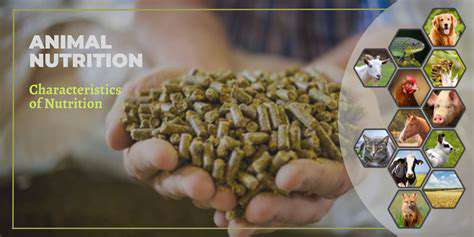
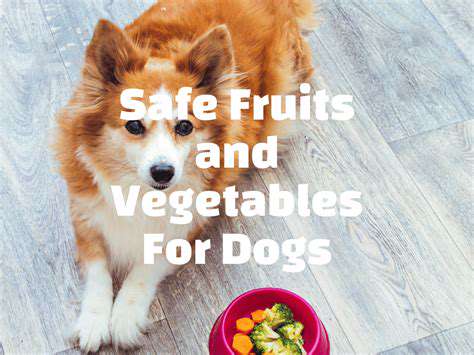
Avoiding Harmful Foods for Your Small Animal
Choosing the Right Foods
Small animals, like hamsters, guinea pigs, and rabbits, have specific dietary needs that differ significantly from those of humans. Providing them with a balanced diet that meets these needs is crucial for their health and well-being. This involves a careful selection of safe foods that are rich in essential nutrients, while avoiding those that can cause digestive distress, nutritional imbalances, or even serious health problems. Understanding the nutritional requirements of your specific small animal is paramount before introducing any new food into their diet. Researching their natural diet is a great starting point for determining what foods are beneficial and safe.
A crucial part of choosing the right foods involves understanding the nutritional needs of your small animal. For instance, guinea pigs require a constant supply of hay for proper digestion and dental health. Conversely, hamsters need a diet that includes seeds, nuts, and vegetables, but these must be provided in moderation. A balanced diet, tailored to your small animal's specific needs, plays a vital role in preventing nutritional deficiencies and ensuring optimal health.
Avoiding Common Pitfalls
One of the most common mistakes pet owners make is feeding their small animals foods that are harmful or even toxic. Avoid giving them chocolate, onions, garlic, grapes, raisins, and anything containing caffeine or alcohol. These foods can cause severe health problems, ranging from digestive upset to kidney damage or even death. Always prioritize safe, appropriate foods that align with their specific dietary requirements and avoid any temptation to provide human food as part of their diet.
Another significant pitfall is offering too many treats. While occasional treats can be part of a varied diet, overfeeding treats can lead to obesity, which can trigger several health problems in small animals. It's essential to maintain a balanced diet that prioritizes fresh hay, vegetables, and appropriate pellets, while limiting sugary or processed treats to very small quantities. Consistency in feeding practices is key to ensuring your small animal receives the proper nutrition.
Identifying Harmful Ingredients
Certain ingredients commonly used in human food can be extremely harmful to small animals. Processed foods, high in sugar, salt, and artificial additives, should be strictly avoided. These ingredients can lead to digestive issues, weight gain, and other health complications. Always opt for fresh, whole foods that offer a natural source of essential nutrients. When introducing new foods, do so gradually and monitor your small animal's reaction carefully.
Paying close attention to the ingredients in commercially prepared pet foods and treats is also critical. Some commercial products contain ingredients that can be harmful to small animals. Always check the label carefully, ensuring the food aligns with your small animal's dietary needs and avoids any potentially harmful ingredients. By diligently examining food labels and ingredients, you can ensure your pet receives the safest and most nutritious diet possible.
Understanding the potential dangers of certain foods is key to keeping your small animal healthy. It's crucial to be vigilant about the ingredients in both human food and commercial pet products. By avoiding harmful foods, you can significantly contribute to your small animal's overall well-being and longevity.
A thorough understanding of harmful ingredients and a focus on fresh, whole foods is essential for a healthy small animal diet. This proactive approach to food selection minimizes risks and promotes the well-being of your pet.
Important Considerations for Feeding Small Animals
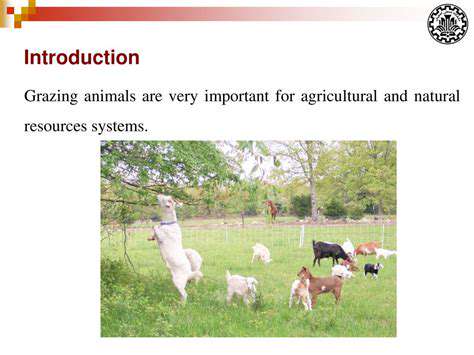
Feed Quality and Accuracy
Ensuring the quality and accuracy of your feed is paramount to its effectiveness. Inaccurate or misleading information can damage your reputation and erode trust with your audience. Thorough fact-checking and validation procedures are crucial to maintain credibility. Regularly reviewing and updating your feed content to reflect the most current information is also vital for a positive user experience.
Implementing a robust system for verifying information sources and cross-referencing data can significantly reduce the risk of errors. This includes verifying dates, authors, and sources to confirm their reliability. This proactive approach will help maintain the integrity and reliability of your feed.
User Experience and Engagement
A positive user experience is essential for driving engagement and retention. Clear, concise, and engaging content is key to capturing and holding your audience's attention. Consider the format and layout of your feed, ensuring easy navigation and readability. Intuitive design elements, such as clear categorization and search functionality, can significantly improve the overall user experience.
Scalability and Maintainability
The ability to adapt and grow with increasing data volume is crucial. A scalable feed architecture is essential for handling potential future data growth without performance issues. A well-designed system should be easily maintainable, allowing for future updates and modifications without undue complexity.
Efficient data management practices, such as the use of appropriate storage solutions and robust data pipelines, are critical for maintaining performance as your feed expands. This will prevent bottlenecks and ensure a consistent user experience.
Data Security and Privacy
Protecting user data and adhering to privacy regulations is of utmost importance. Implementing robust security measures to protect sensitive information is crucial to maintaining user trust. Compliance with relevant data protection laws, such as GDPR, CCPA, or others, is essential.
Regular security audits and penetration testing can help identify and mitigate potential vulnerabilities. This proactive approach ensures that sensitive information is protected from unauthorized access and misuse.
Content Diversity and Relevance
Providing a diverse range of content tailored to specific user interests is crucial for engagement. Offering a variety of content formats, including articles, videos, and infographics, can cater to different learning styles and preferences. Understanding your audience and their needs is vital for creating content that resonates with them.
Technical Infrastructure and Performance
Reliable infrastructure and optimized performance are essential for a smooth user experience. Ensuring fast loading times and minimal latency is crucial for user satisfaction. Regular maintenance and performance monitoring are essential to identify and address potential issues promptly.
Choosing appropriate hosting solutions and optimizing your code for efficiency can significantly improve the performance of your feed and improve user experience. Careful planning and implementation of your technical infrastructure will significantly impact your success.
Feedback Mechanisms and Iteration
Collecting and analyzing user feedback is crucial for continuous improvement. Using feedback mechanisms to understand user preferences and identify areas for improvement is key to optimizing your feed for long-term success. Creating opportunities for users to provide feedback directly can lead to valuable insights and drive positive changes.
Regularly evaluating your feed's performance metrics and making necessary adjustments based on user feedback is essential for optimizing engagement and satisfaction. This iterative approach ensures that your feed continues to meet the needs and expectations of your audience.
Read more about Feeding Your Small Animal: Safe Foods
Hot Recommendations
- Review: [Specific Brand] Small Animal Cage
- Why Rescuing Pets Saves Lives
- Best Pet First Aid Kits [What to Include]
- How to Help Stray Animals in Your Community
- Guide to Adopting a Pet When You Have Kids
- Top Reptile Heat Lamps
- Heartwarming Rescue Stories That Will Inspire You
- Review: [Specific Brand] Bird Cage
- Best Aquarium Filters [2025 Review]
- Review: [Specific Brand] Smart Litter Box
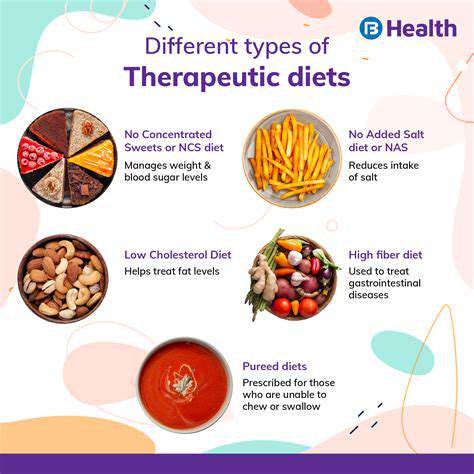
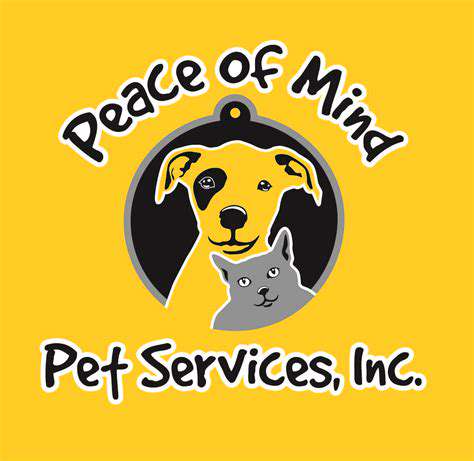
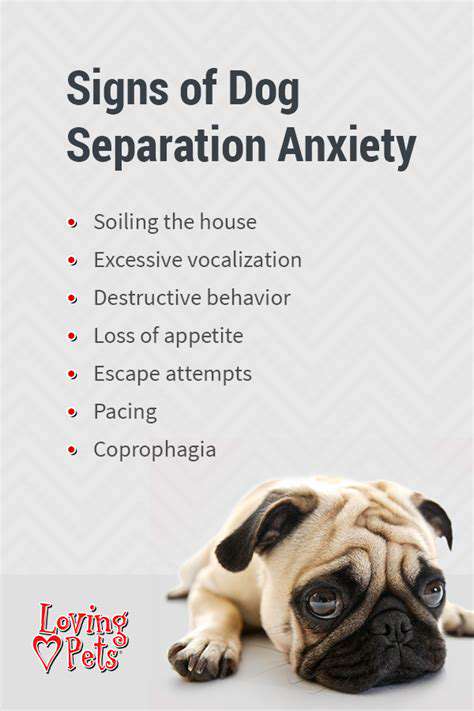

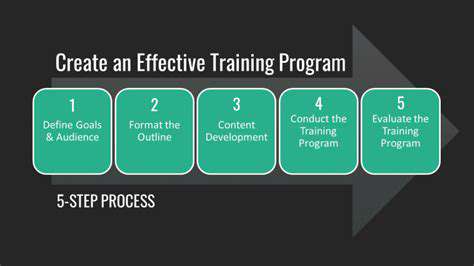


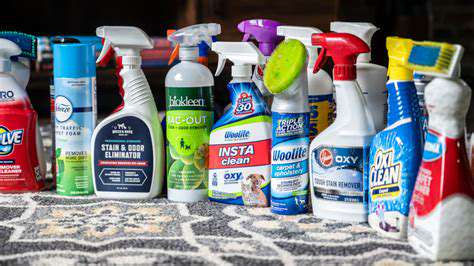

![My Pet's Goofy Antics [Story]](/static/images/33/2025-05/TheUnexpectedMasterpieces.jpg)

